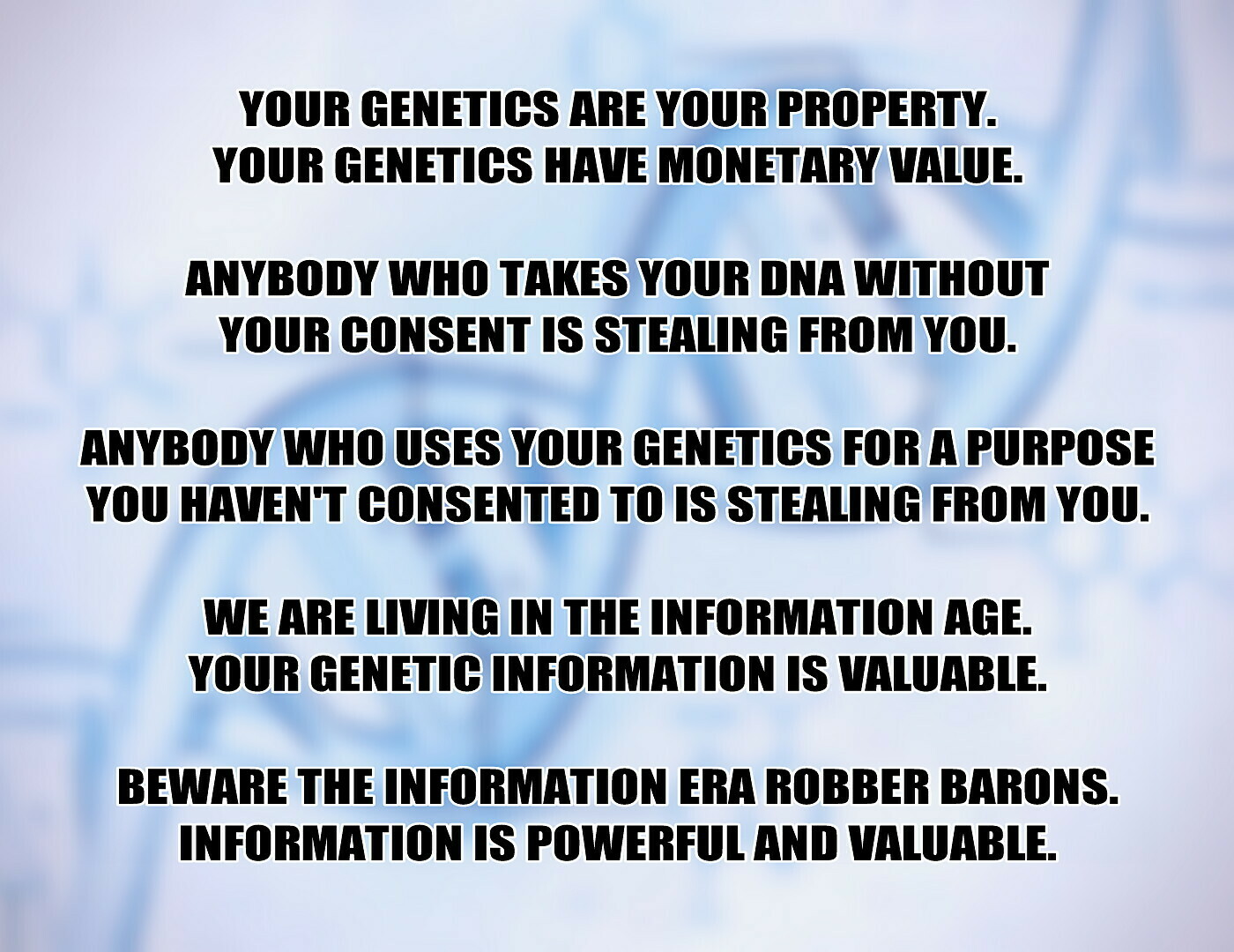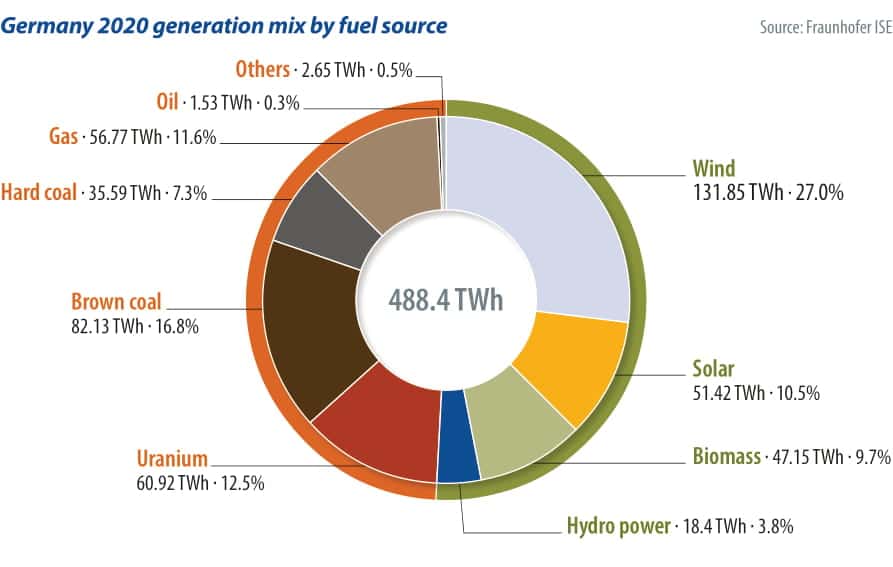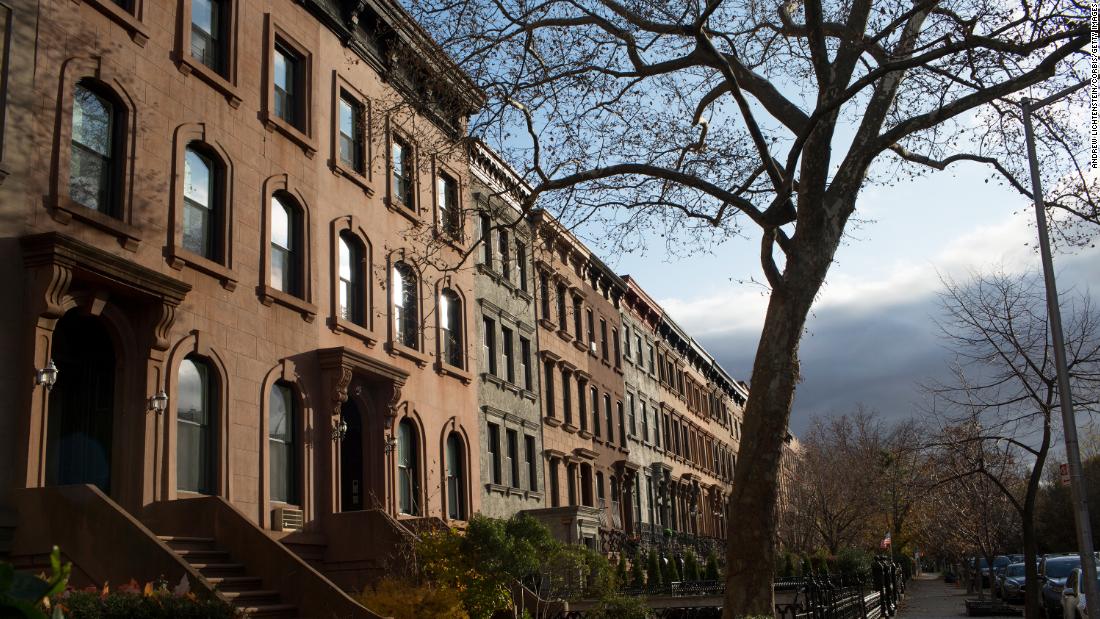Time to tackle another meme: Of Billionaires and "wealth hoarding"
This is floating around presently, and it's hardly a new notion. There's some truth to the sentiment, and I agree that the issue deserves addressing. But as with many other failures of metaphors (not to be confused with metaphorical failures), the imagery evoked does some disservice to the actual problem. Much as the debt of a currency-sovereign nation is not comparable to that of a non-currency-sovereign household, most billionair wealth is not a case of simply hoarding money or resources. It's based on control over assets and their valuation. Not dissimilar, but also not quite the same thing.
So ... it's not necessarily hoarding in all cases. Not as a defence, but as a point of accuracy.
And to be clear, there are instances (often in multi-generational family wealth) where it is hoarding.
But it often isn't, and I think the distinction matters. Not to excuse the behaviour, but to understand what is actually occurring.
For many of the wealthy, it's not that they went out and collected trinkets, plucking coins from the hands of babes or whatever, one by one. Or even in aggregate. They didn't pile up resources.
Rather, they gained control over some specific set of assets, and then saw those appreciate in market value. That is, their wealth comes (mostly) not from piling up of stuff but through the accrual, or, yes, manipulation, of valuation.
A billionaire doesn't have a literal bank account with a billion pieces of gold in it. They have an asset portfolio whose notional value (itself a ... complicated question) is reckoned at over $1 billion. That wealth itself is not liquid, as cash is. And there are times when valuations have changed precipitously and someone previously considered rich suddenly found that they were not.
(Among the chief reasons for that portfolio, by the way, is to diversify risk associated with holding a single asset overwhelmingly, or the inflationary risk of holding cash itself.)
Wealth gains can happen fairly suddenly. In the case of Bill Gates (Microsoft), Steve Jobs (Apple), Jeff Bezos (Amazon), and Elon Musk (Tesla), often the bulk of gains was over a relatively short period of rapid growth --- the late 1980s for Gates, 2000s for Jobs (he'd largely lost out on earlier gains by Apple, Pixar, and Next), early 2010s for Bezos, and the past few years for Musk. Holdings that they already had escallated rapidly in value.
The reasons why are not always innocent: Microsoft and Amazon have both long engaged in monopoly antitrust abuses. Apple and Tesla's hands aren't entirely clean as well, though my sense is that they're cleaner. Balzac's dictum that behind every great fortune lies an undiscovered crime ... has a strong element of truth to it.
The means by which assets inflate is ... another interesting puzzle. I'll raise the question here, though I won't be answering it now. Suffice to say that value can also be gamed, and that often the greater that value is, the more the gaming potential increases.
But stop thinking of this as earned money --- whether through income, payments, or simple hoarding and pillaging. It's neither: it's accrued wealth, often through appreciation, and behaves (and should be addressed) in a different manner.
#wealth #inequality #hoarding #assets #AssetValuation #HonoreeDeBalzac #SoWhatchyaGonnaDoAboutIt #WhatThenShallWeDo #WealthTax #Plutonomy #Kleptocracy #PropertyIsTheft #bilionaires #memes








